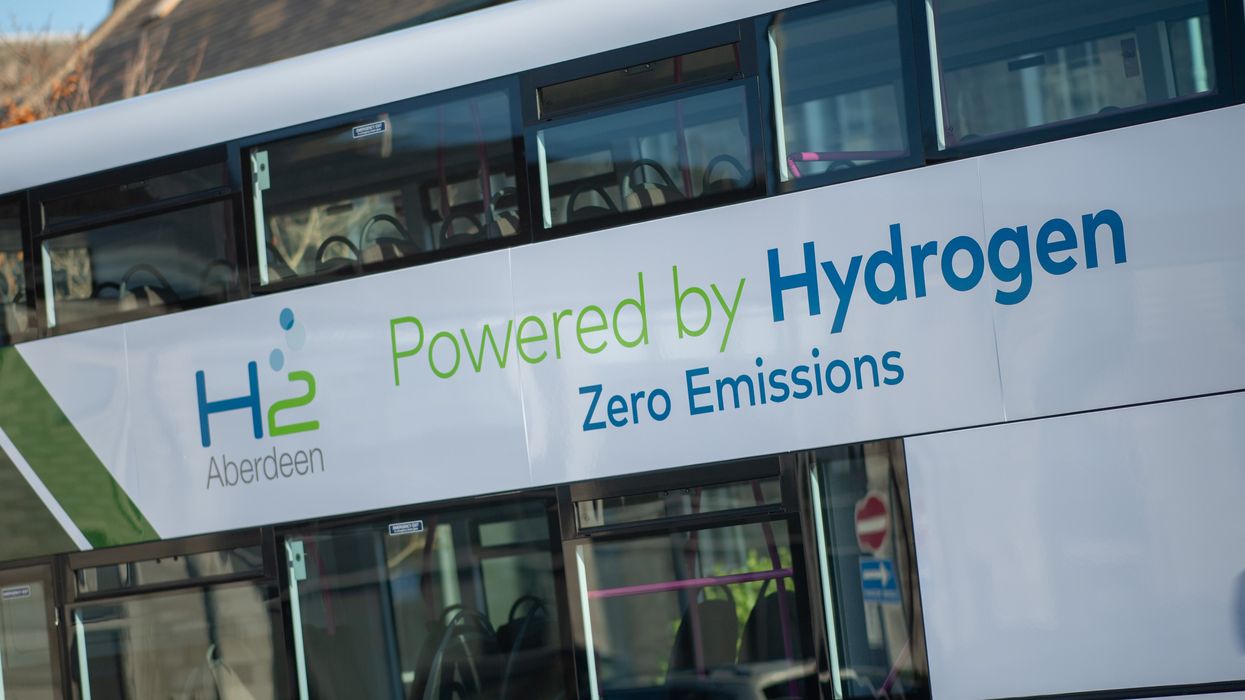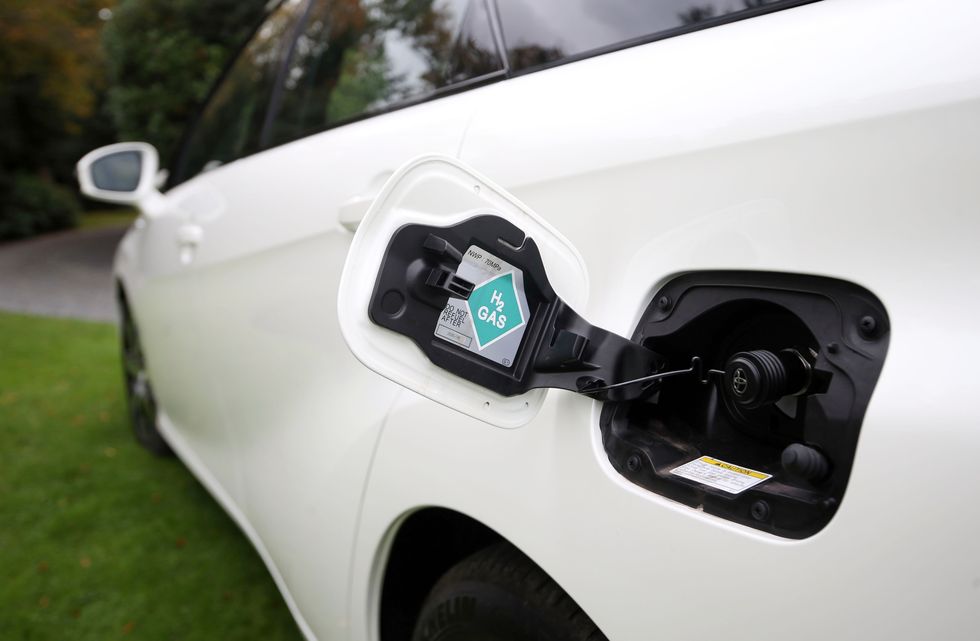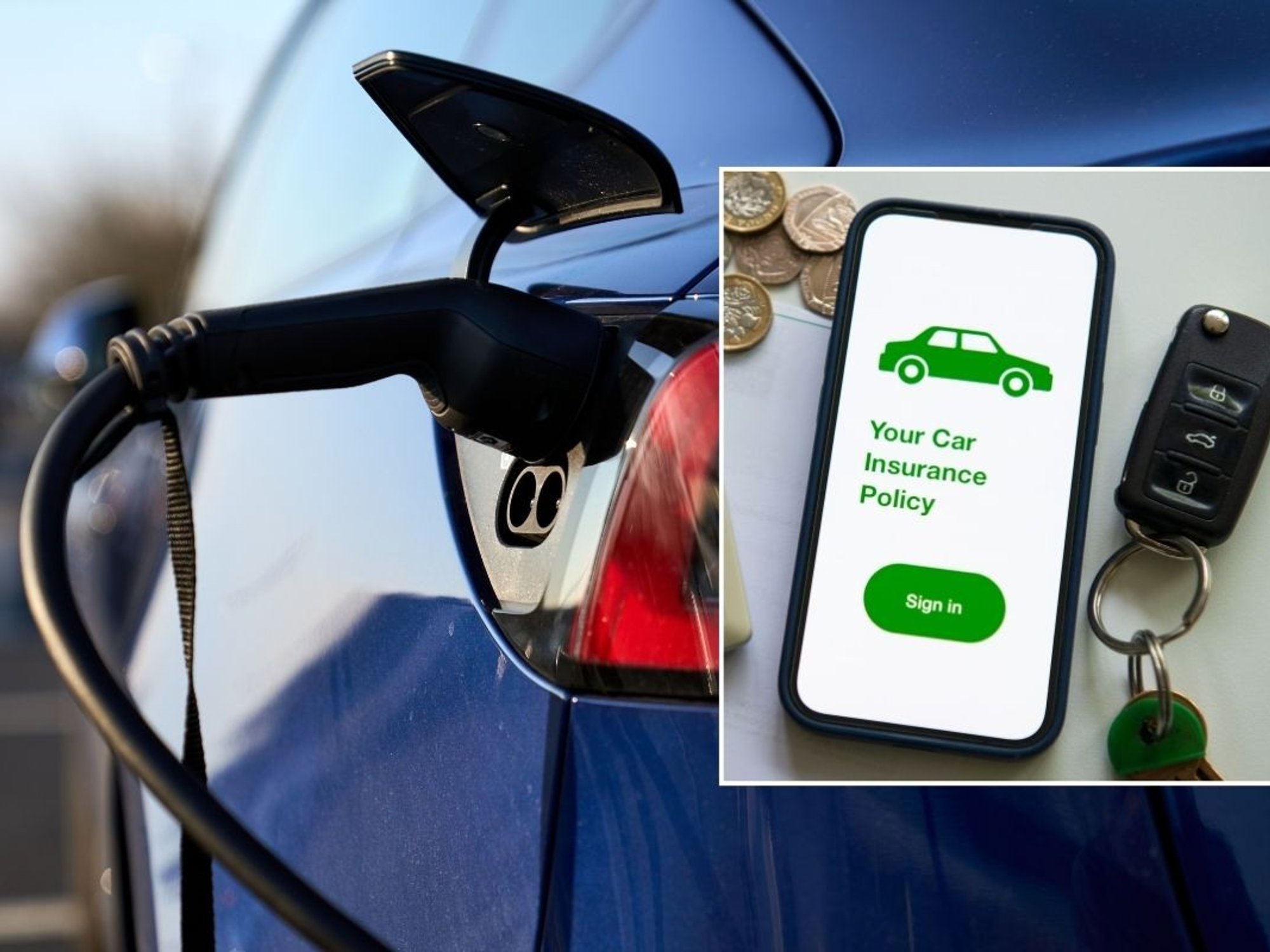Hydrogen vehicles to play a 'key' role in the future as BP pledges to boost refuelling stations

Hydrogen vehicles are expected to be used more frequently in the future
|GETTY

The Government has pledged around £100million to various hydrogen transport projects
Don't Miss
Most Read
Latest
Oil giant BP has become the latest member of the H2Accelerate collaboration, which aims to increase the use of hydrogen for vehicles across Europe.
BP has committed to investing in building infrastructure to support transport across major road networks in mainland Europe and the UK by 2030.
H2Accelerate is working towards the deployment of the hydrogen refuelling network required to support a “pan-European hydrogen trucking system”.
According to UKH2Mobility, there are nine hydrogen refuelling stations around the UK.
WATCH NOW: The future of hydrogen vehicles
In total, there are three around Greater London, two near Aberdeen with other stations near Belfast, the Orkney Islands, Birmingham and Sheffield.
There are plans for a further four stations along major transport routes including Newport, Liverpool, Tees Valley and Glasgow.
Earlier this year, the European Union agreed to install hydrogen fuelling stations in all major cities and every 200 kilometres along key travel routes.
There are estimated to be more than 250 hydrogen refuelling stations across the continent, with the majority being in Germany and France.
Hannah Bryson-Jones, spokesperson for H2Accelerate, said: "BP has extensive experience and expertise across the deployment of hydrogen production and refuelling technologies.
“Combining that expertise with other hydrogen refuelling players and truck manufacturers, through the H2Accelerate collaboration, we can work together to accelerate the dawn of hydrogen trucking.
“We are very excited for BP to be joining the collaboration as we shape the transformation towards sustainable transportation."
The Government is set to publish a Zero Emission HGV Infrastructure Strategy in early 2024 which will outline the role of the industry in deploying refuelling and recharging infrastructure.
To support the use of hydrogen in transport, the Government launched a £23million Hydrogen for Transport Programme.
Emma Delaney, EVP, Customers and Product at BP, said it was a positive move for the company to join with H2Accelerate.
She added: “BP is transitioning from an International Oil Company to an Integrated Energy company and having a key role in mobility.
“Hydrogen will be a key energy for heavy duty transport supporting carbon emissions reduction.
“To deliver this at both scale and pace will need companies across industries to work together, and this is exactly why we see collaborations like H2Accelerate as so valuable.”
LATEST DEVELOPMENTS:

The Toyota Mirai is one of a handful of hydrogen passenger cars
|PA
Earlier this year, the Government provided £77million worth of funding to winners of the Advanced Propulsion Centre’s research and development competition.
Five of the seven projects funded will use hydrogen technologies, including the development of zero emission emergency service vehicles.










